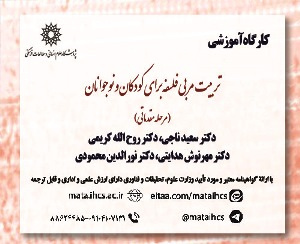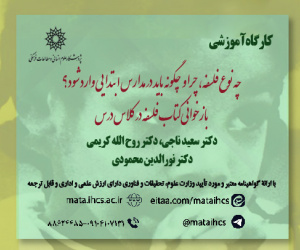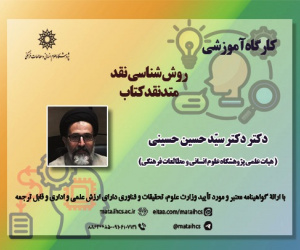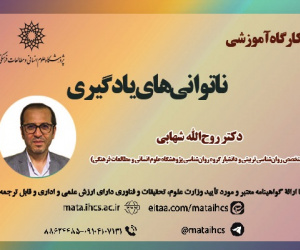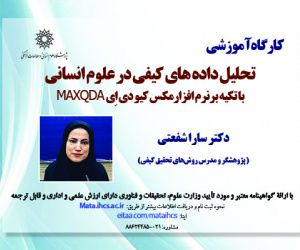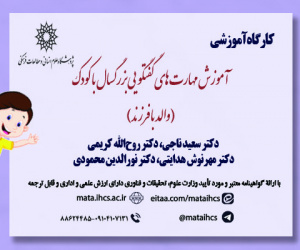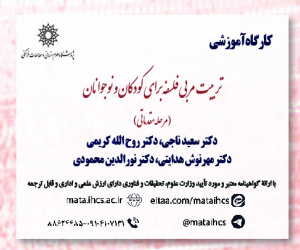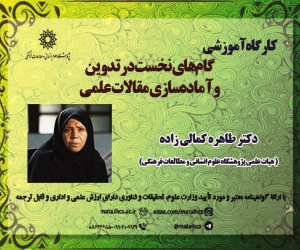نقش کلیشه های جنسیتی در انتخاب زنان به عنوان شریک حسابرسی (مقاله علمی وزارت علوم)
درجه علمی: نشریه علمی (وزارت علوم)
آرشیو
چکیده
این مقاله بر پایه نظریه کلیشه های جنسیتی، تصورات شرکای حسابرسی مرد در انتخاب زنان به عنوان شریک حسابرسی را مورد بررسی قرار می دهد. طبق نظریه مذکور، در محیط های کاری تحت سلطه مردان، باورهای مردان درباره توانایی های زنان ، موانع ای برای دستیابی زنان به موفقیت و یا موقعیت های شغلی بالا به وجود می آورد. جامعه آماری پژوهش شامل شرکای حسابرسی مرد در موسسات حسابرسی بخش خصوصی می باشد. روش نمونه گیری به صورت تصادفی بوده و تعداد نمونه آماری شامل 155 نفر از حسابداران رسمی مرد در سطح شریک می باشد. آزمون فرضیه های تحقیق بر اساس رگرسیون چند متغیره انجام شده است. نتایج پژوهش نشان می دهد تنها دو متغیر دیدگاه تبعیض آمیز علیه زنان در حسابرسی و انتخاب دختر یا خواهر به عنوان شریک حسابرسی، متغیرهای با اهمیت و تاثیرگذار در انتخاب شریک حسابرسی زن می باشند. هم چنین سایر یافته های پژوهش بیانگر آن است که متغیرهای دارا بودن مدرک دکتری، دارا بودن مدرک حرفه ای خارجی مانند حسابدار رسمی آمریکا ، دارا بودن مدارک کارشناسی رسمی یا مشاوره مالیاتی ، تسلط بر زبان خارجی و سابقه شراکت در موسسات حسابرسی مشابه تاثیر با اهمیت و معنی داری در انتخاب شریک حسابرسی زن ندارند.The role of gender stereotypes in choosing women as audit partners
Based on the theory of gender stereotypes, this paper examines the perceptions of male audit partners in choosing women as audit partners. According to the mentioned theory, in male-dominated workplace, men's beliefs about women's abilities create obstacles for women to achieve success or high job positions. The statistical population of the research includes male audit partners in private sector audit firms. The sampling method is random and the statistical sample includes 155 male certified public accountants at the partner level. The test of the research hypotheses is based on multivariate regression. The results of the research show that the only two variables of discriminatory views against women in auditing and choosing a daughter or sister as an audit partner are significant variables in choosing a female audit partner. Also, other findings of the research indicate that the variables of having a doctorate degree, having a foreign professional degree such as a certified public accountant in the United States, having an expert witness certificate or tax consultancy, mastering a foreign language and having a history of partnering in similar audit firms have no significance effect on choosing a female audit partner.

